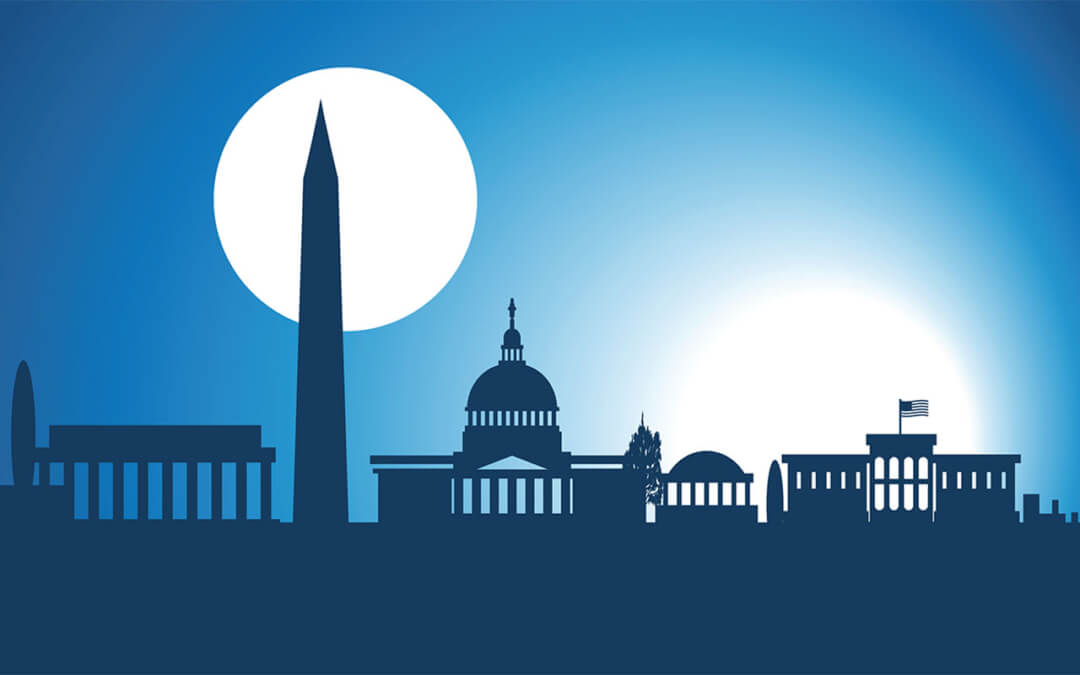Economic policy guides to reduce inequality for the 2020 U.S. election-year presidential and congressional transition

Change is coming to Washington, D.C. No matter who wins the presidential and congressional elections in 2020, a new set of economic policymakers will transition into government. They will come to power at a time of immense economic turmoil. A new Trump or Biden administration, and the new Congress, should quickly implement evidence-backed policies that reduce economic and racial inequality in order to spur strong, stable, and broad-based economic growth. This post, and our entire Vision 2020 initiative, is a guide for how to do just that, especially in light of the continuing negative effects of the coronavirus recession.
In addition to new lawmakers, change is also coming from a new, diverse generation of academics studying the economy. They have a new set of diagnoses for and solutions to our economic problems. Old economic orthodoxies have left tens of millions of Americans with stagnant wages and without key pandemic- and recession-fighting tools such as paid leave, healthcare, and adequate unemployment benefits. At the same time, “free market” policies bestowed the wealthiest Americans with exploding wealth and income, rising market power, and falling tax rates. But now, a new generation of scholars, drawing on new data sources, novel methodological techniques, and their diverse experiences, are offering new structural solutions to get the U.S. economy working for all.
These solutions are showcased in our latest book, Vision 2020: Evidence for a Stronger Economy, and in our President and CEO Heather Boushey’s 2019 book, Unbound: How Inequality Constricts Our Economy and What We Can Do About It. To supplement these in-depth volumes, we’ve also recently published eight policy guides to provide policymakers and advocates quick access to Equitable Growth’s best resources and top experts in key policy areas:
- Worker power has declined for decades as firms amassed more control over their suppliers, contractors, and workers, wages stagnated, and unionization rates declined. Congress, state policymakers, and federal agencies such as the Department of Labor can rebalance the current anti-worker policy environment in 2021. Research suggests doing this by supporting unionization, cracking down on employer abuses, and enacting new pro-labor policies such as sectoral bargaining.
- Universal paid family and medical leave could not be more critical in the current crisis. The United States is the only high-income country in the world that does not have a national paid family or medical leave program for all workers, which is one reason the coronavirus pandemic has spread so quickly through workplaces and communities. Research into states and countries with paid leave programs suggests that the federal government should establish a system with inclusive eligibility requirements, progressive wage-replacement structures, robust job protections, and adequate leave lengths.
- The United States taxes income from wealth at much lower rates than income earned from working. This two-tier tax system gives preferential treatment to wealthier Americans, exacerbating inequality by income and race. Equitable Growth’s key resources and experts describe the current system and the various ways Congress could eliminate the two-tier system to make taxes, and our economy overall, more equitable.
- The market power of U.S. corporations, or “monopoly power,” means consumers pay more for what they need, workers earn less, innovation declines, and small businesses aren’t as likely to succeed. Monopoly power also increases inequality by boosting the wealth of executives and stockholders. Academics and former enforcers suggest strengthening U.S. antitrust laws to counter corporate power and boosting resources for the antitrust enforcement agencies—the Federal Trade Commission and the Antitrust Division of the U.S. Department of Justice.
- Unemployment Insurance is a bedrock of the social safety net, but unfortunately, policymakers at the state level built numerous problems into the system. These include fragile technical and administrative systems, coverage gaps for independent contractors and those with little work history, low benefit levels, and overly restrictive and complicated program access rules. As the coronavirus recession demonstrates, these issues cause chaos and uncertainty exactly when people most need access to benefits. Equitable Growth has compiled the readings and experts for you to understand the current system and how to fix it, so workers get the help they need.
- Racial economic mobility and inequality divides are older than the republic itself but have powerfully come to the fore of late, thanks to the Black Lives Matter movement. U.S. economic mobility is declining as inequality is rising. And Black Americans not only are more likely to experience downward mobility than White Americans, but also face systemic and institutional barriers to wealth building, access to credit, and income security. This post explains economic mobility dynamics, systemic barriers for Black Americans, and how to address them.
- Automatic stabilizers are economists’ favorite tools to combat recessions. These policy designs ramp economic support programs up and down as economic conditions, such as the unemployment rate, rise and fall. Making more economic aid “automatic” means quicker, more sustained support for families in need and less politicization of the crisis. A body of experts outline a suite of six ways Congress could expand automatic stabilizers for this recession and those to come.
- Small businesses are suffering during the coronavirus recession and need new policies to prevent a wave of bankruptcies. The Paycheck Protection Program enacted earlier this year failed to prevent layoffs and bankruptcies among the smallest employers and did not provide enough assistance to the hardest-hit areas or to businesses owned by people of color. Research suggests restructuring business aid so that small firms can be rescued with the same speed as big businesses and building up public financial systems to improve economic resilience.
The current economic status quo—a devastating recession and underlying fragilities due to sky-high economic and racial inequality—is untenable. Maintaining the status quo is a choice we can no longer afford to keep making. No matter who is in power in 2021, major structural changes are needed. Equitable Growth’s deep bench of policy ideas and experts, highlighted in the above policy guides, can guide the way.


